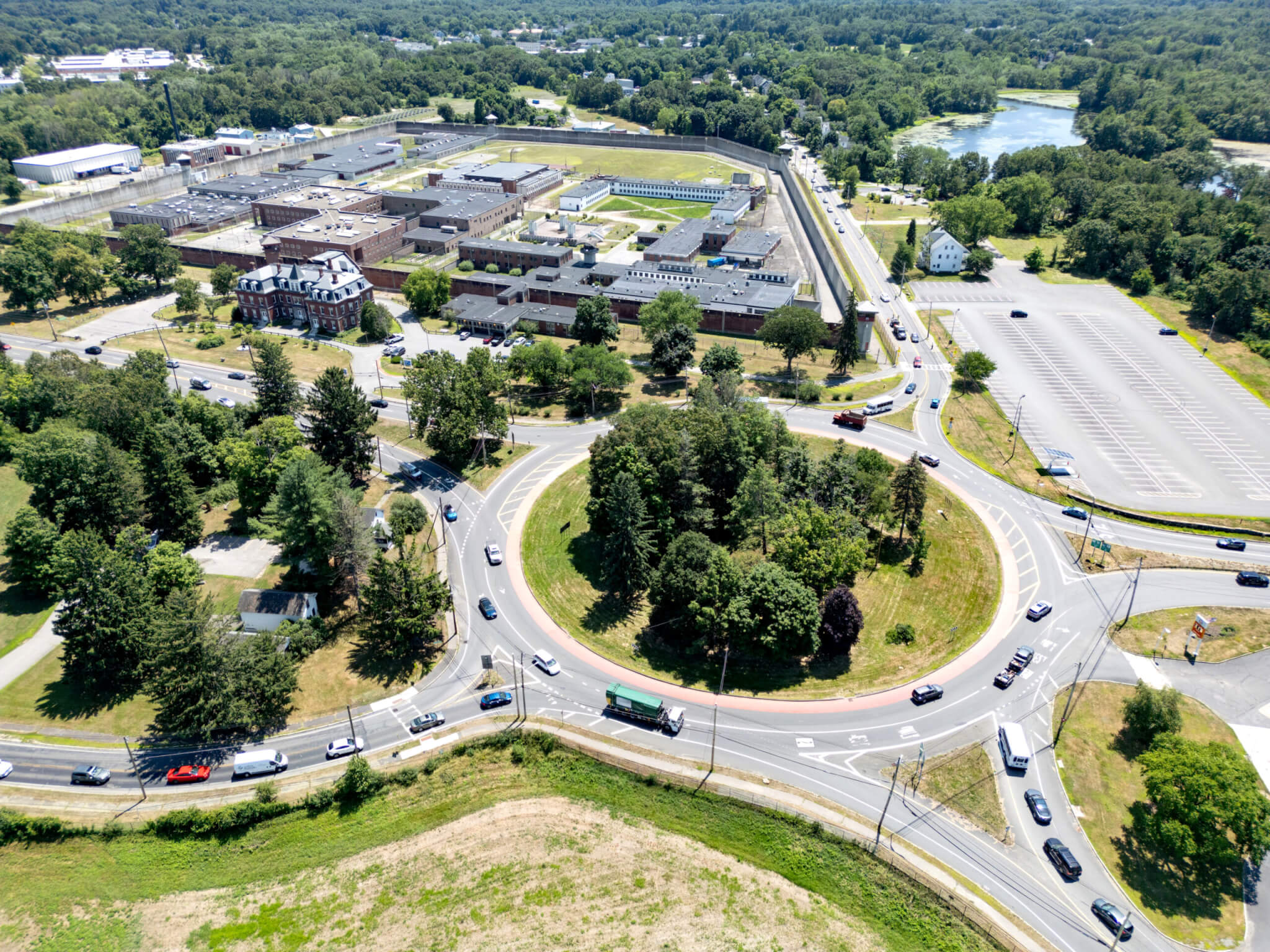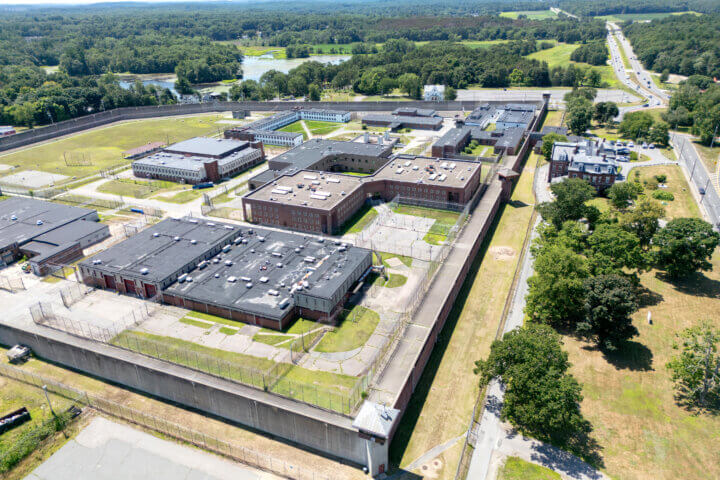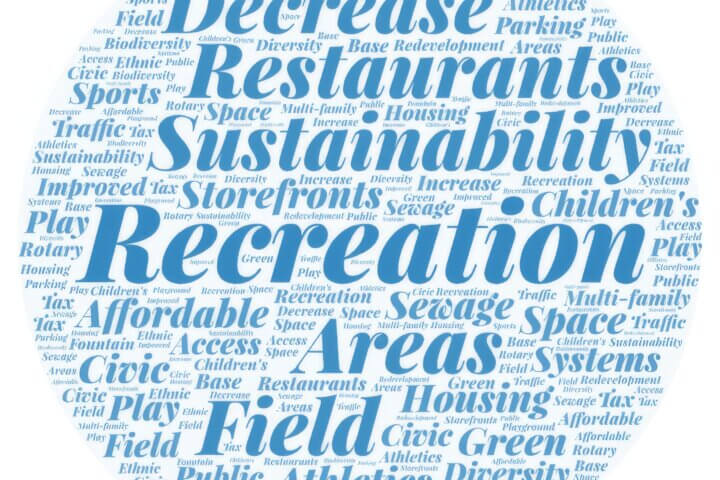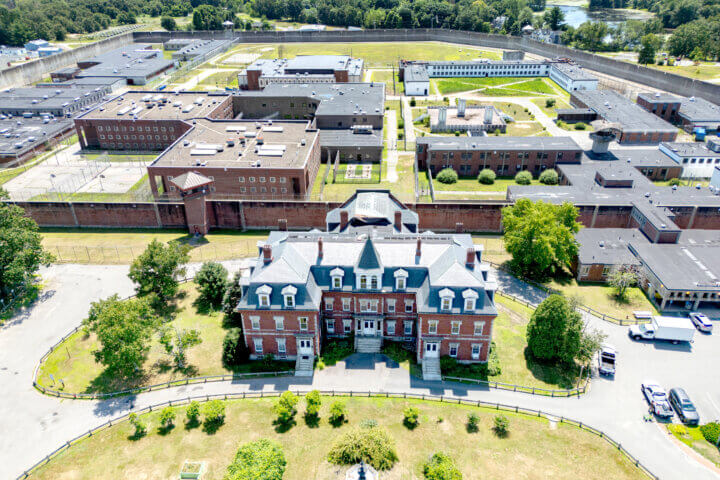By Erin Tiernan — Erin@concordbridge.org
Concordians and Gov. Maura Healey appear to agree on at least one thing: Affordable housing is priority No. 1 when it comes to the MCI-Concord redevelopment.
That, at least, was the message from residents at the first of three mandated public hearings kicking off what’s shaping up to be a yearslong planning process for the 51-acre former prison property’s future.
“There’s more work to do in a community where many who work here still cannot afford to live here,” said Keith Bergman, chair of Concord’s Municipal Affordable Housing Trust, at last Thursday’s forum.
Bergman urged the state to include the neighboring Junction Village land in the planning process. The 12.8-acre parcel is part of the town’s new MBTA zoning district, which means it is already primed for high-density, multi-family housing.
Less than 10 percent of Concord’s housing is considered “affordable.”
Healey decided to close the 146-year-old men’s prison this year in part due to declining state inmate populations and the Concord lockup’s mounting maintenance needs. Inmates were moved out by the state’s fiscal year end in June.
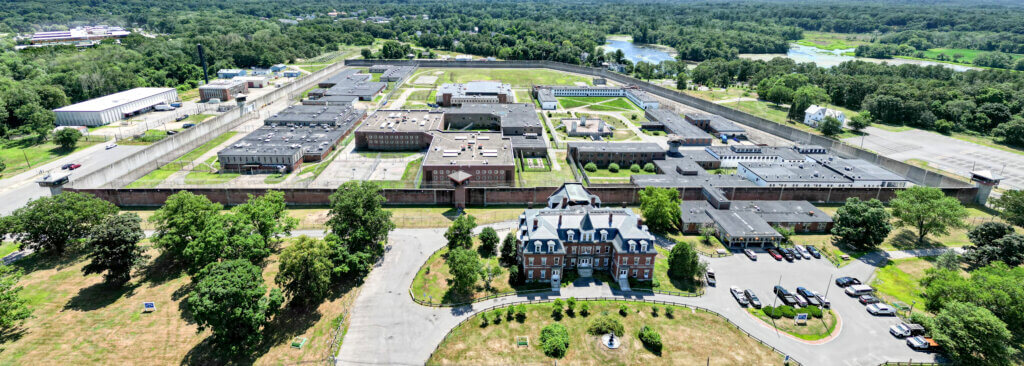
Neighborly concerns
Chris Garza of Maple Street wondered how the MCI redevelopment might fit in with nearby West Concord Village.
“There are still — or there are again — a number of properties for sale in downtown West Concord. We have some intersections that are not particularly safe,” Garza said, encouraging redevelopment planning to consider effects on nearby businesses.
Amid the excitement and ideas, concerns about potential costs to Concord also popped up.
“Can you be clear with the town about what support you expect from town services?” asked Finance Committee member Don Kupka of Devens Street.
Traffic was also on Concordians’ minds as they began to envision development that could worsen traffic in the already congested and crash-prone Route 2 rotary.
“Let’s try and minimize the amount of additional traffic on Route 2,” said Rich Feeley of Lexington Road.
“There’s going to be more, because the prisoners didn’t go back and forth very much. … Let’s think smart about how the people who work, live, or shop here will get there.”
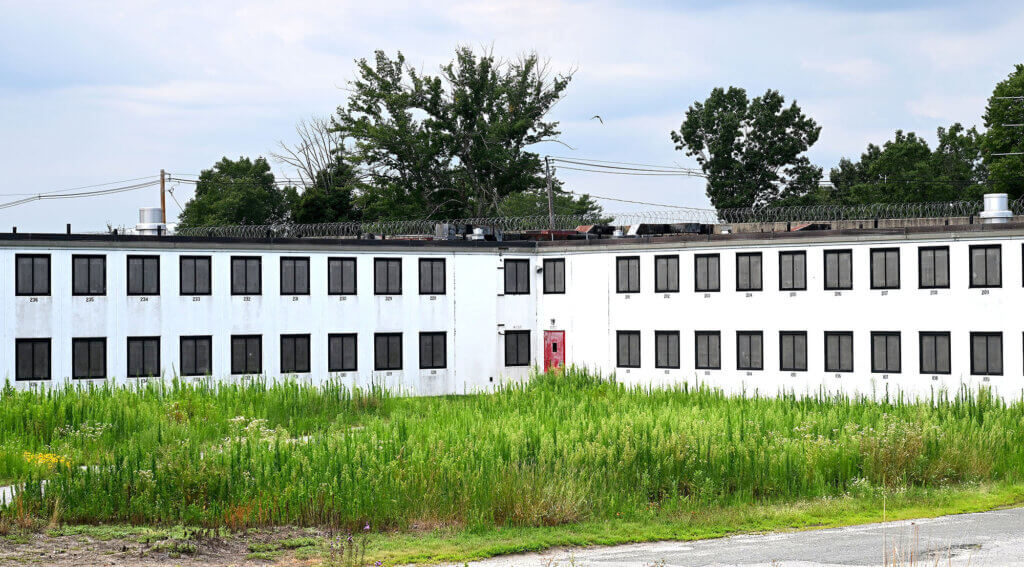
Photo: Ken McGagh/The Concord Bridge
State and local coordination
The Massachusetts Department of Transportation will be involved in the redevelopment planning. MassDOT is separately studying the Route 2 corridor.
Pamela Dritt of Concord Greene suggested an underpass at the rotary, which she says “takes a smaller footprint and allows the surface to be used.”
In true Concord spirit, several people asked about a plan to memorialize the prison’s history.
“I think it’s important to provide some function here that harkens back to the origin of the land, not specifically to prison or incarceration, but to some of the root causes, maybe avenues for healthy healing, like in the broader area of social services, homelessness, addiction, trauma, [and] domestic abuse,” said Liz Rust of Commonwealth Avenue, the chair of the Concord Prison Outreach board.
Concordians took turns sharing ideas in person at Thursday’s forum at the Town House and on Zoom for about an hour of the 90-minute meeting.
State officials offered a loose timeline that projects construction happening sometime in 2028.
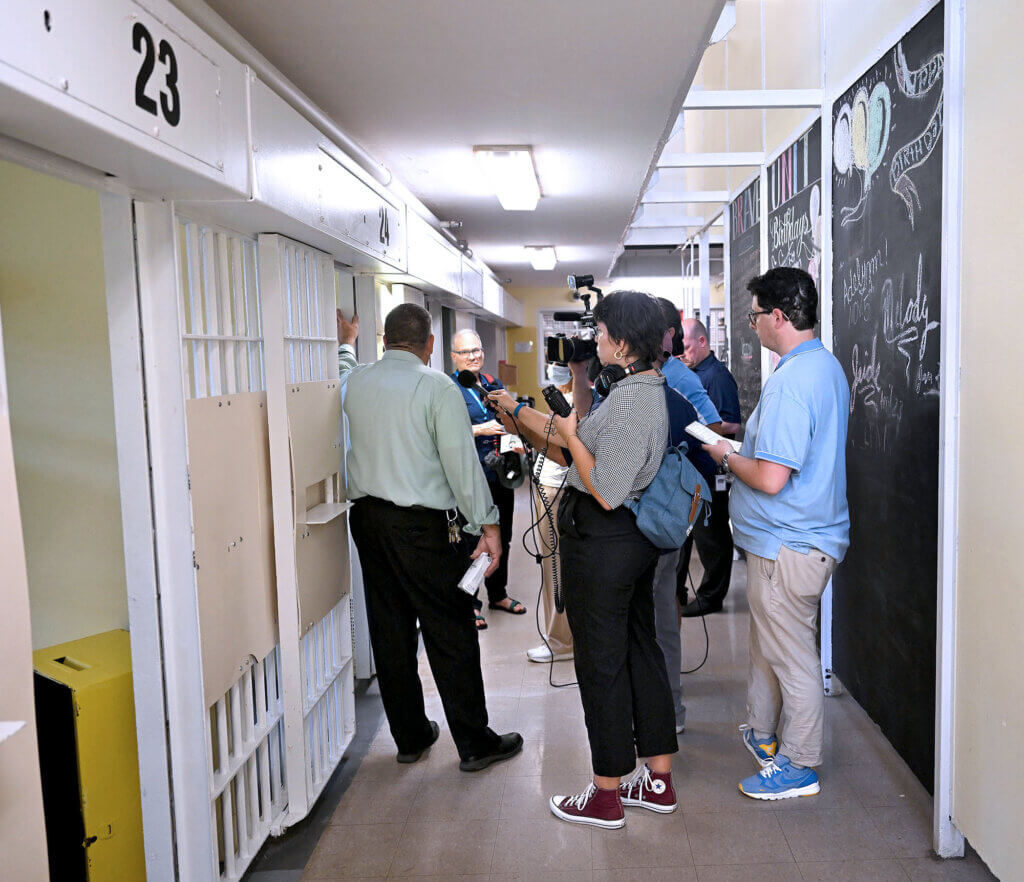
Brainstorming
Commissioner Adam Baacke of the state Division of Capital Asset Management and Maintenance (DCAMM) said the forum was an opportunity to gather ideas as he launches the planning program alongside Concord officials.
“We are basically here with a blank piece of paper today,” he said. “We really are here to solicit all of the ideas, thoughts, and vision that you all have about how this property can contribute to the community.”
Baacke clarified that DCAMM is overseeing the process but won’t play a decision-making role. He said the governor has identified three “big policy areas” for shaping the redevelopment: housing production, decarbonization, and access and opportunity for historically marginalized communities.
Concordians will drive what that looks like, DCAMM staff said.
“Local permitting really is the linchpin in terms of being able to move something forward on the site,” said Abi Vladeck, director of public and private partnerships.
DCAMM will hold at least two additional public forums in the coming months. Concord officials are planning a separate public forum in October or November.


